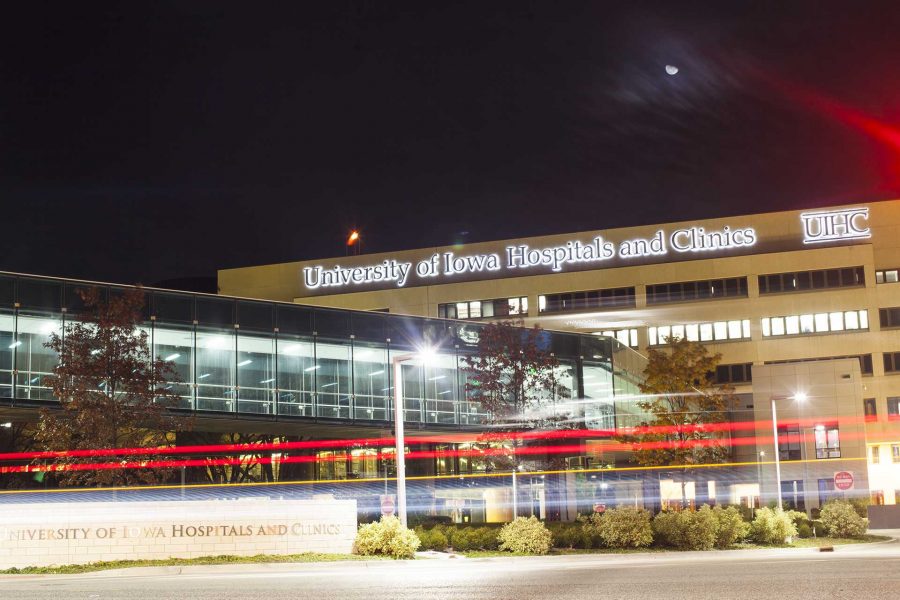Thanks to a $1.3 million grant, UI practicum students will provide counseling services over the next four years for veterans, the Latinx population, and others in rural areas across Iowa.
By Julia DiGiacomo
[email protected]
Over the next four years, students and staff will help bridge the gap for mental-health care in rural areas.
The University of Iowa received a $1.3 million grant several weeks ago titled “Integrating Behavioral Health into Rural Medicine” from the Health Resources and Services Administration. UI practicum students working toward Ph.D.s in the counseling psychology program will now have the opportunity to facilitate individual therapy, group therapy, and outreach services in a dozen rural sites across Iowa.
The project emphasizes providing care for veterans, Latinx people, and others in rural areas.
The principal investigator of the grant and UI Associate Dean College of Education Saba Ali said the $1.3 million will go toward funding the students’ work as well as the postdoctoral scholars who will supervise the students and do research on rural, medically underserved populations.
Ali believes there is a need for the project because of Iowa’s medically underserved state.
She said all 99 counties of Iowa are medically underserved. Additionally, Iowa has been ranked 49th out of 50 states in access to mental-health care, according to a study by the Treatment Advocacy Center in 2016.
“Rural communities are one of those populations that need people to reach out to them and provide services where they’re at,” UI clinical professor in the College of Education, who also provides mental health services at Grinnell College, Charles Bermingham said. “In general in Iowa, there is a shortage of psychologists across the state.”
The project also specifically identifies the needs of Latinx people and veterans in access to mental-health care.
RELATED: When UI students bridge the gap
“The idea was that veterans and Latinx people are groups that struggle with mental health and sometimes struggle with getting services like counseling,” said Denise Martinez, a family-medicine physician and UI clinical assistant professor. “So those were the populations that we decided we have in our area that we would like to try to target to help improve mental-health outcomes.”
The UI mobile clinic, a free clinic run by UI students, will play a large role in delivering mental-health care to rural communities. Martinez said the mobile clinic will now provide free counseling services.
“The mobile clinics run once monthly free clinics around the state,” she said. “We see patients who might not have access to any medical-health care.”
The UI also partners with Grinnell by sending UI students to serve as counselors at its campus. Bermingham acts as the liaison between the two schools.
“It’s a rural town, and so access to mental-health services is pretty limited there. There are a few places where students are able to access mental-health services off campus, but often, they are either full or they have waiting lists,” Bermingham said. “By partnering with the UI and bringing some of our Ph.D. students there, it’s going to open up opportunities for students to really get care on campus.”
Bermingham said the Grinnell partnership for mental-health care was piloted last year, and there are four UI students providing individual and group therapy and outreach services at Grinnell. He said they plan on expanding that based on student interest.
“I’m really grateful that we got this grant, and it’s working out this way,” Bermingham said. “As psychologists, we have a calling to reach places that others aren’t able to reach and help people in those different environments.”







